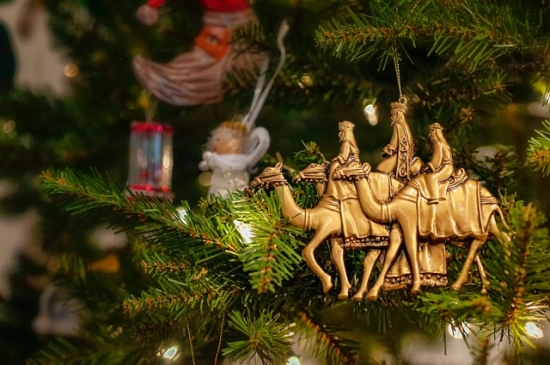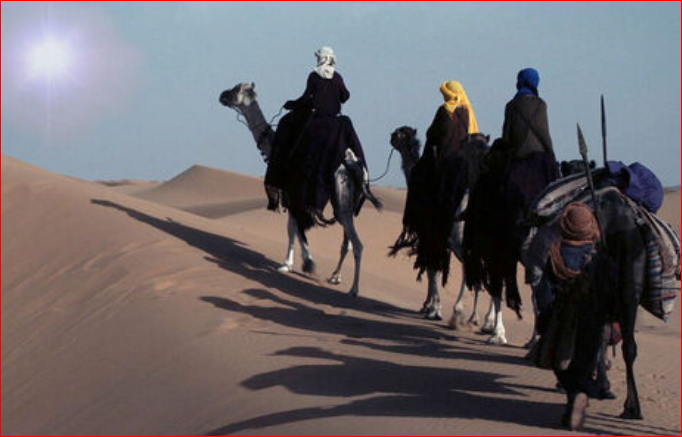3023. 'I will make you swear by Jehovah, the God of heaven and the God of the earth' means an utterly sacred binding to the Divine which existed in highest things and in the things derived from these. This is clear from the meaning of 'making someone swear by' as binding by means of an oath, for to swear by is nothing else than to be bound to; and this bond is utterly sacred when one swears 'by Jehovah, the God of heaven and the God of the earth', that is, when one is bound to the Divine above and beneath, or what amounts to the same, to the Divine which exists in highest things and in the things derived from these. Since 'Jehovah the God of heaven' is used in reference to the Lord, it means Jehovah Himself, who is called 'the Father', from whom the Lord was conceived and so who was the Lord's Divine Essence; for His very conception transmitted that very Essence from which He had His being. 'Jehovah the God of the earth' means in this case Jehovah who is called 'the Son', and so means His Human Essence. The Human Essence came into being from the Divine Essence when the Lord made that Human Essence Divine also. Thus 'Jehovah the God of heaven' means the Divine as it exists in highest things, while 'Jehovah the God of the earth' means the Divine as it exists in the things derived from these. The Lord however is called 'Jehovah, the God of heaven' by virtue of His Divine in the heavens, and 'the God of the earth' by virtue of His Divine on earth. The Divine in the heavens is also that which resides with man in his internals, whereas the Divine on earth is that which does so in his externals. For man's internals constitute his 'heaven' because through them he is linked to angels, whereas his externals constitute his 'earth' because through them he is linked to men, 82, 913, 1411, 1733. When a person has been regenerated his internals flow into his externals, and externals exist from internals. From this one may also know what the internals of the Church are and what its externals.








